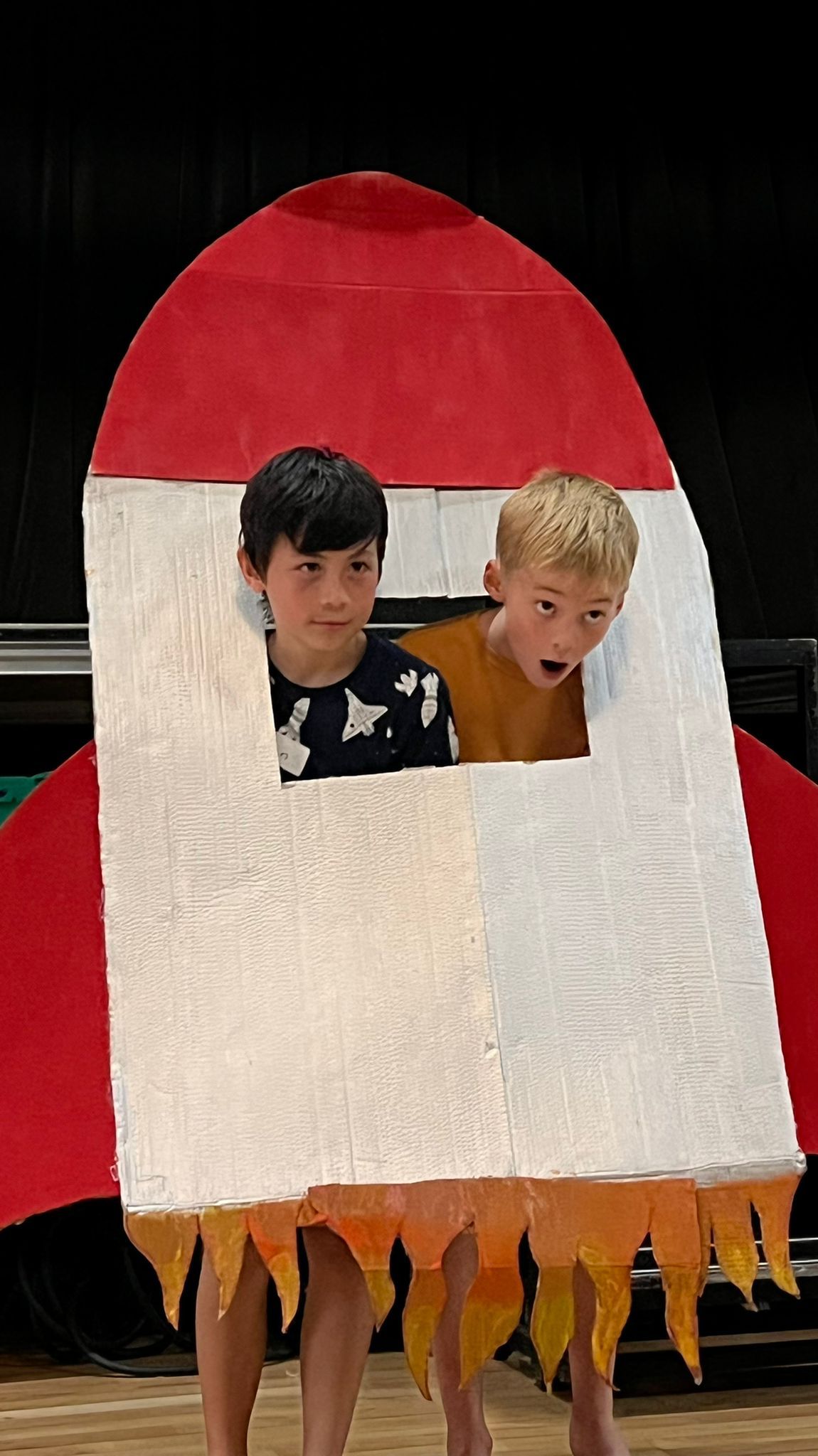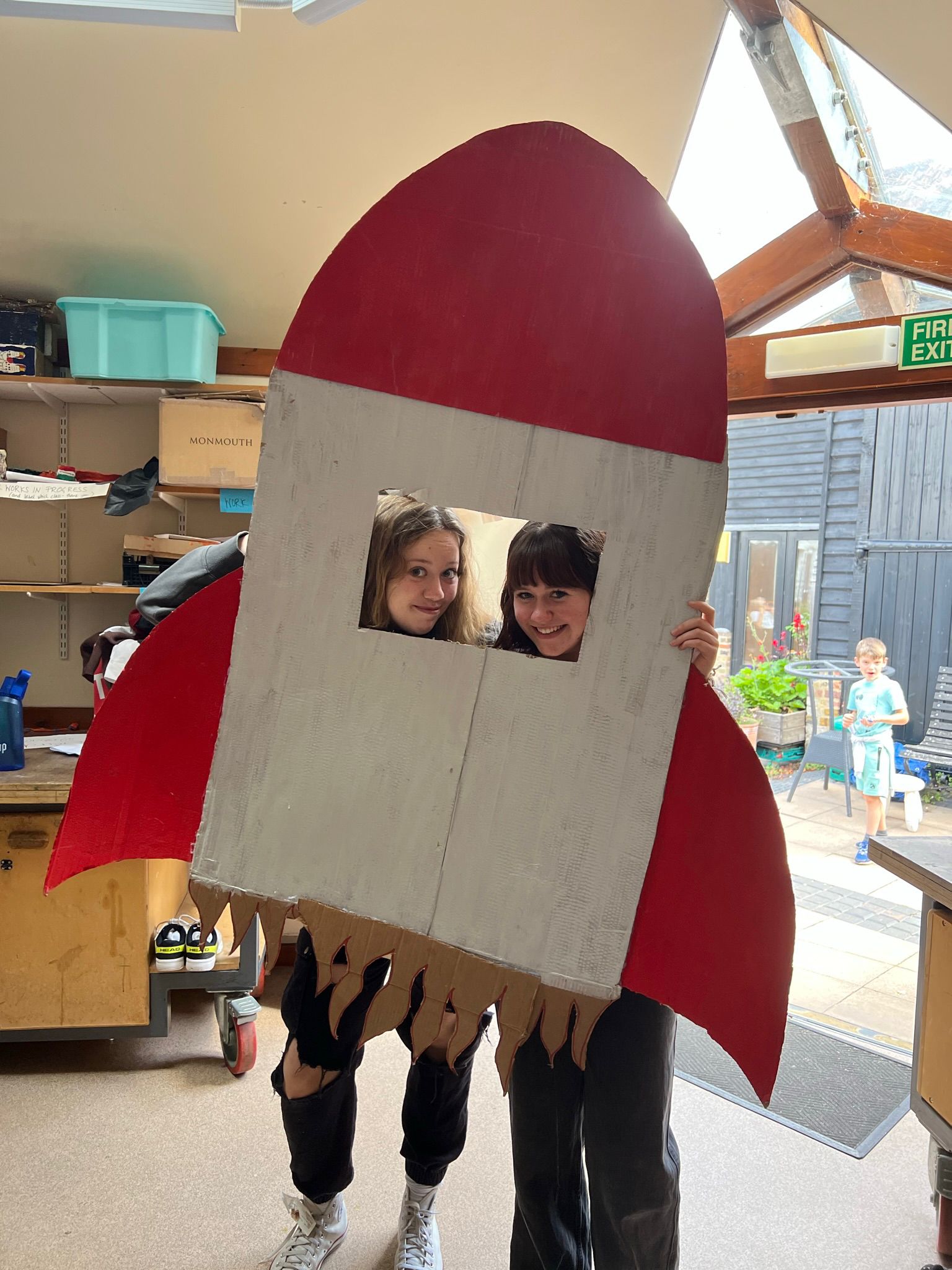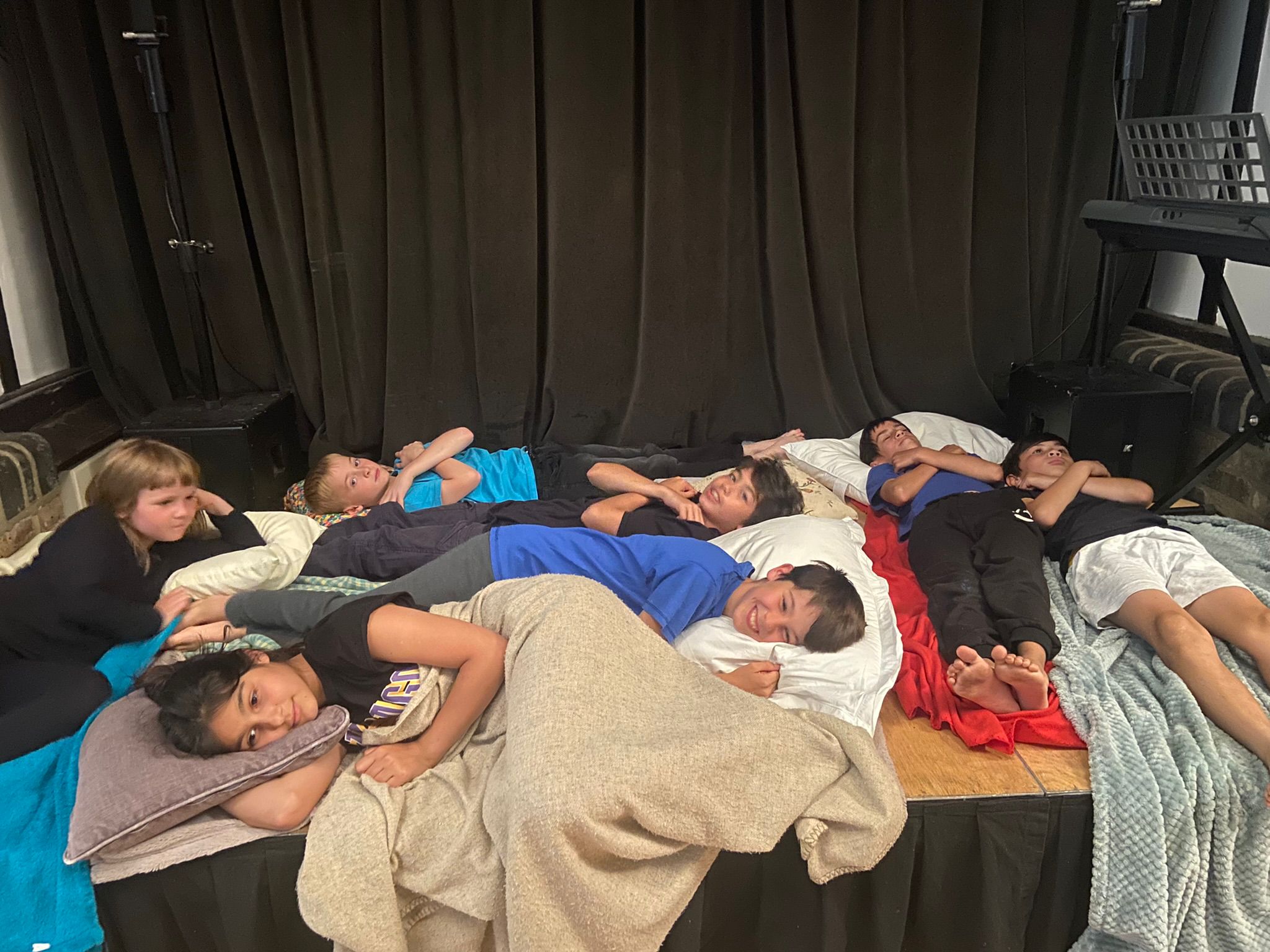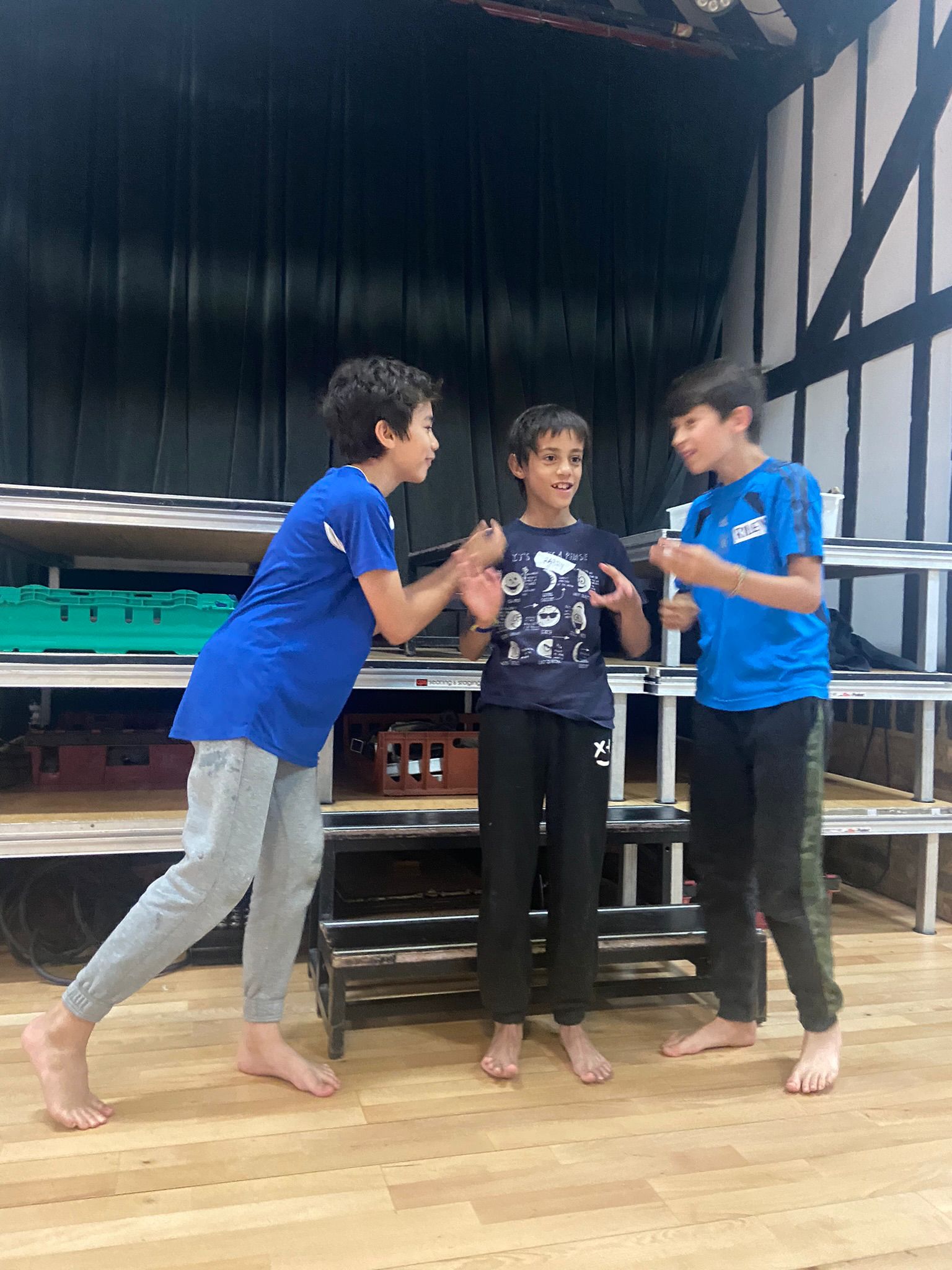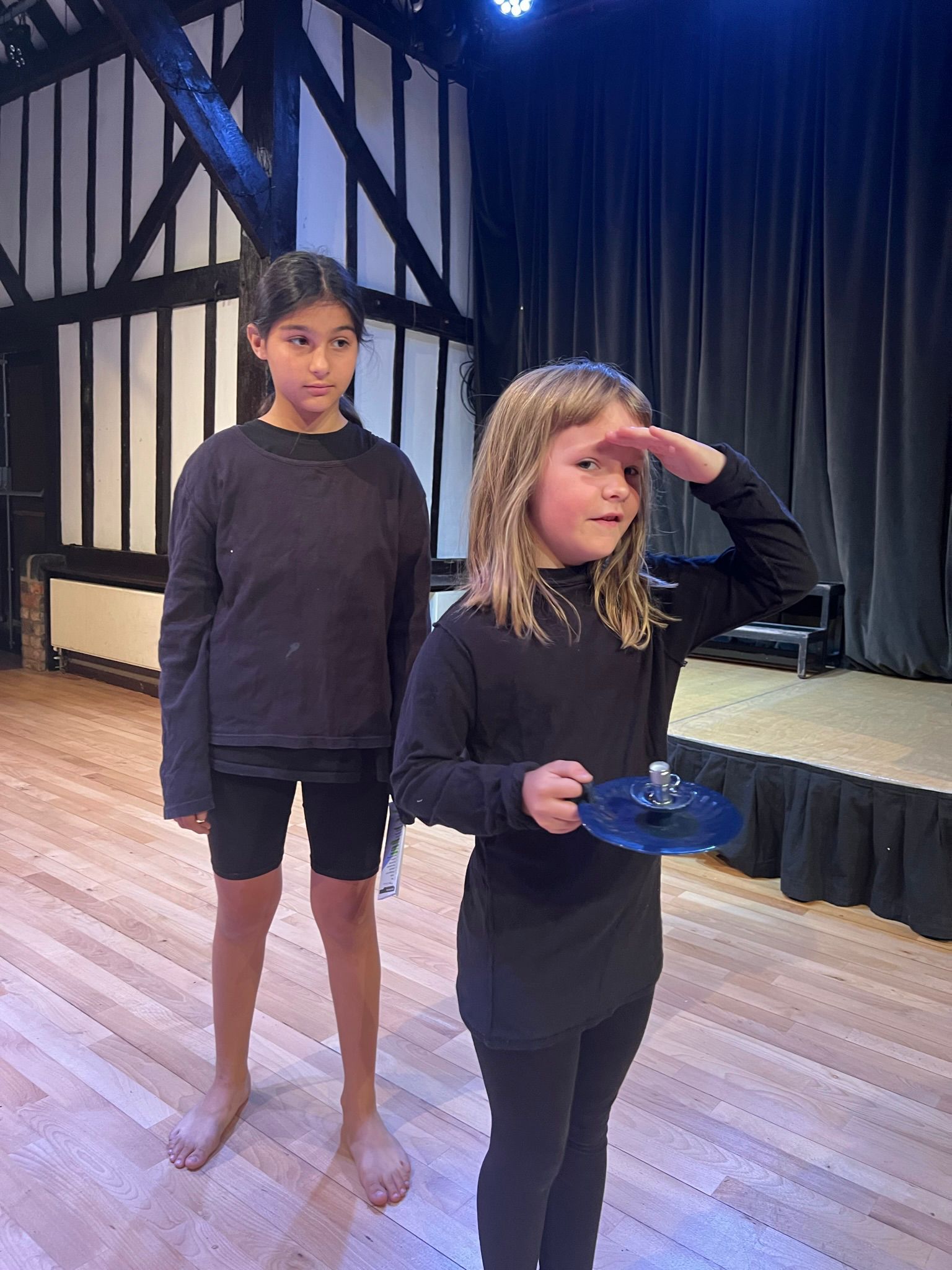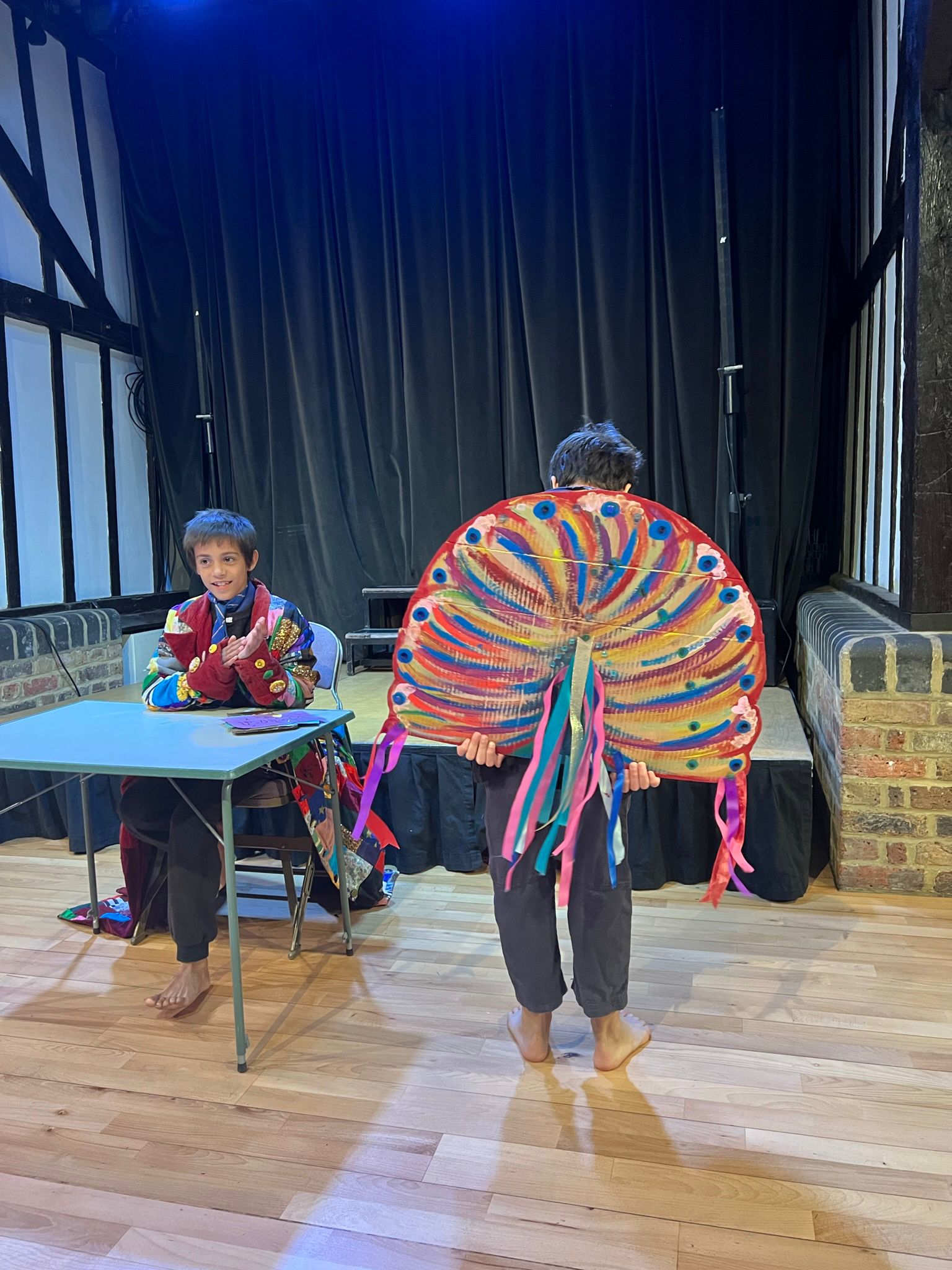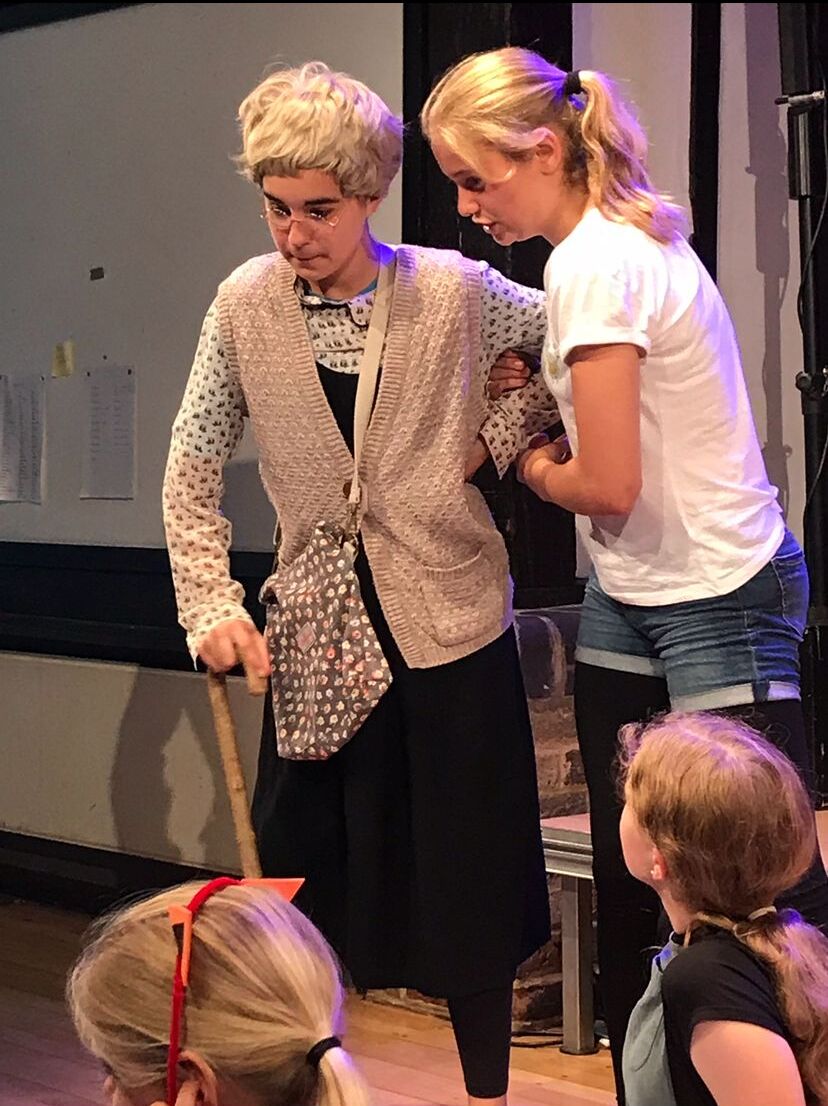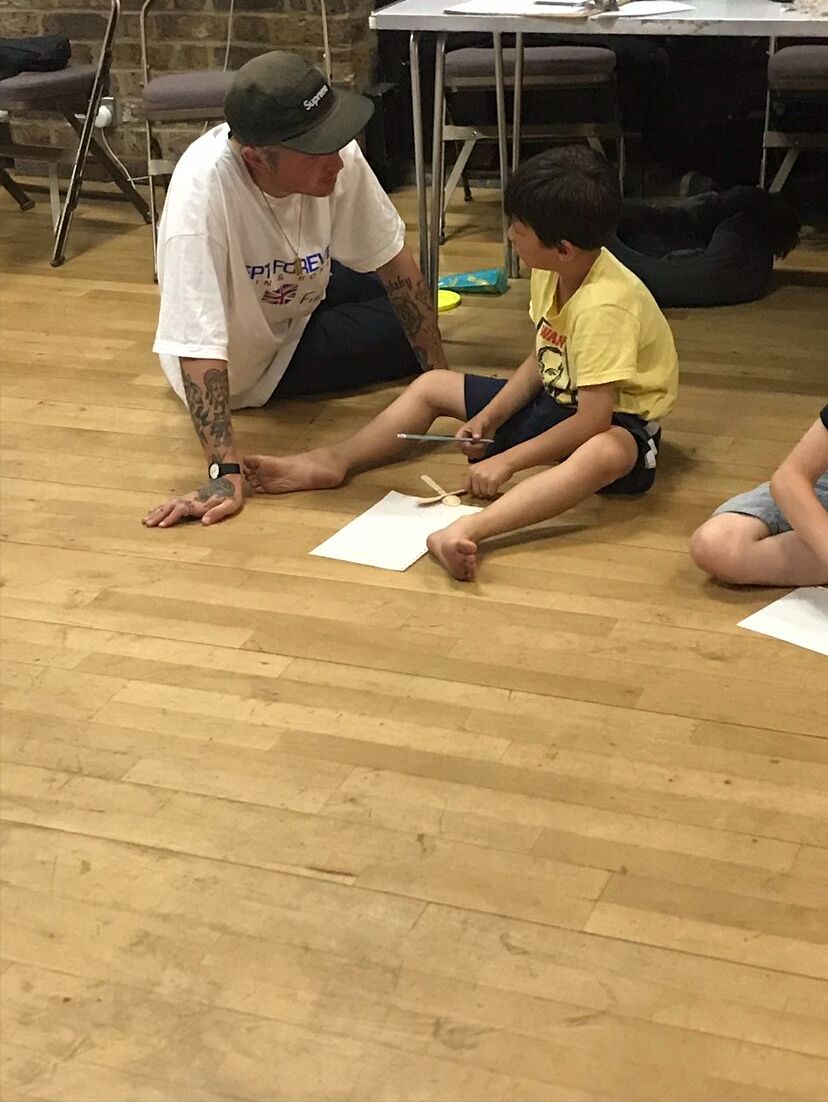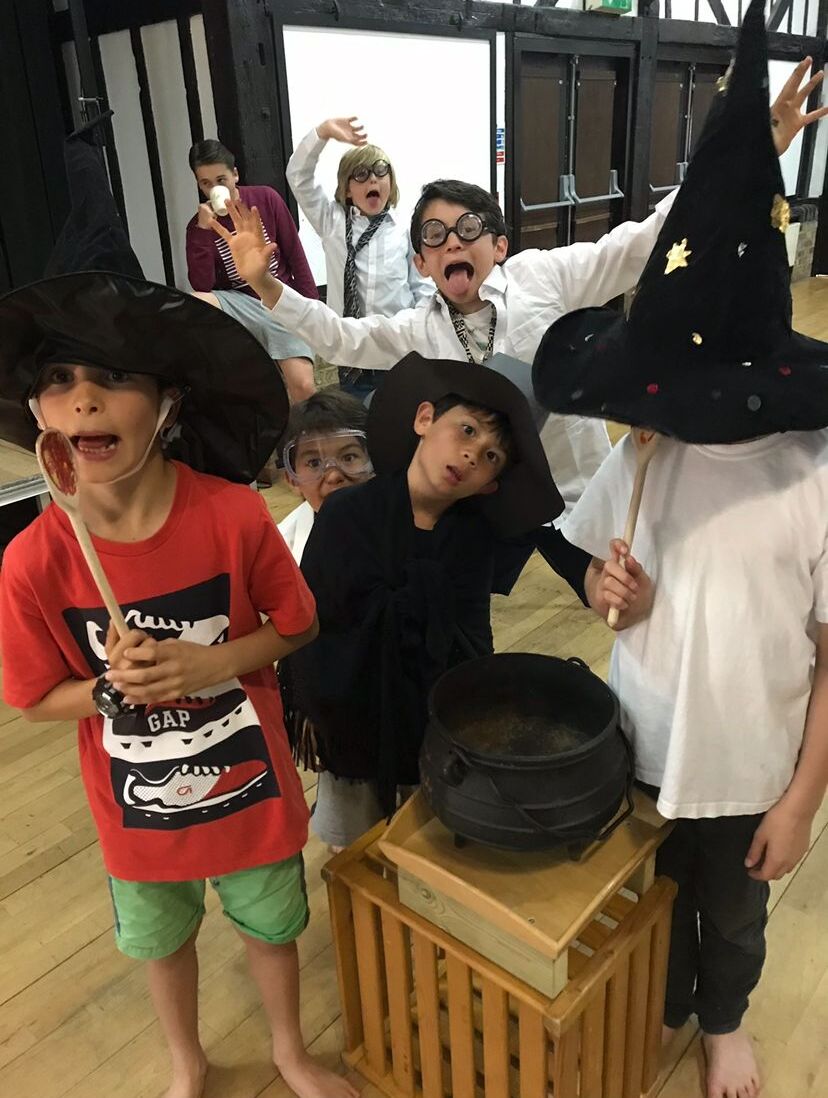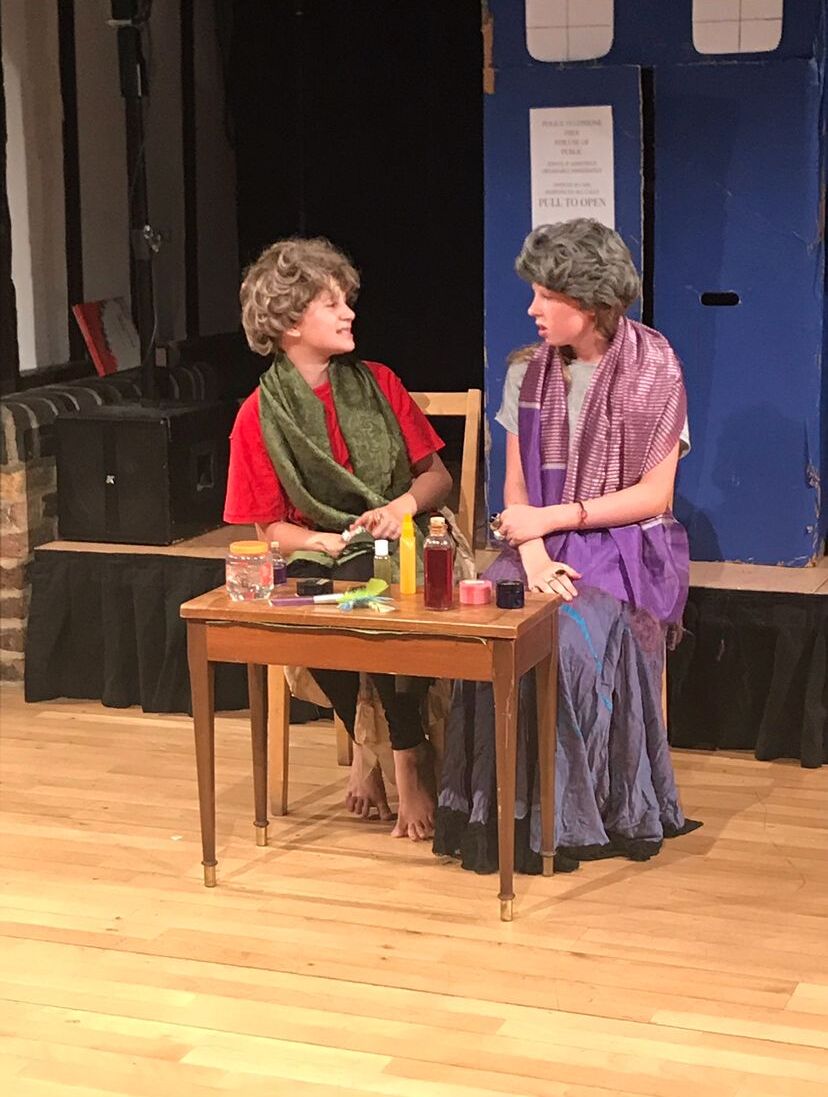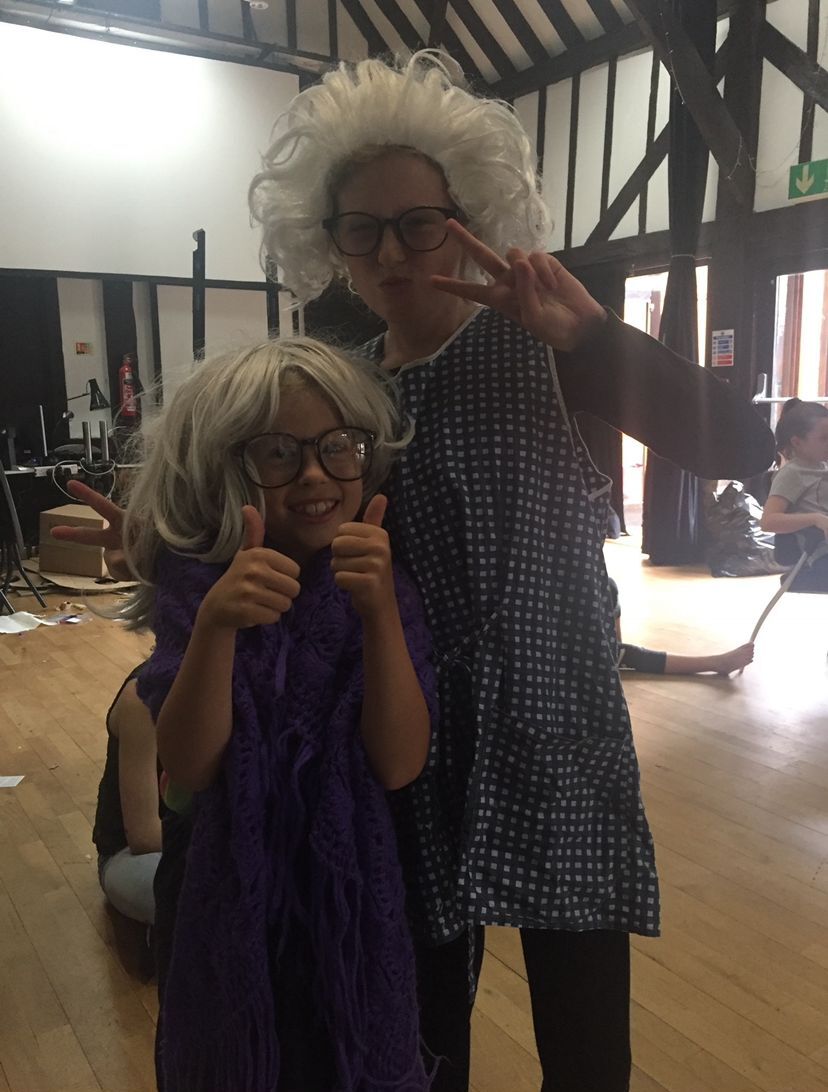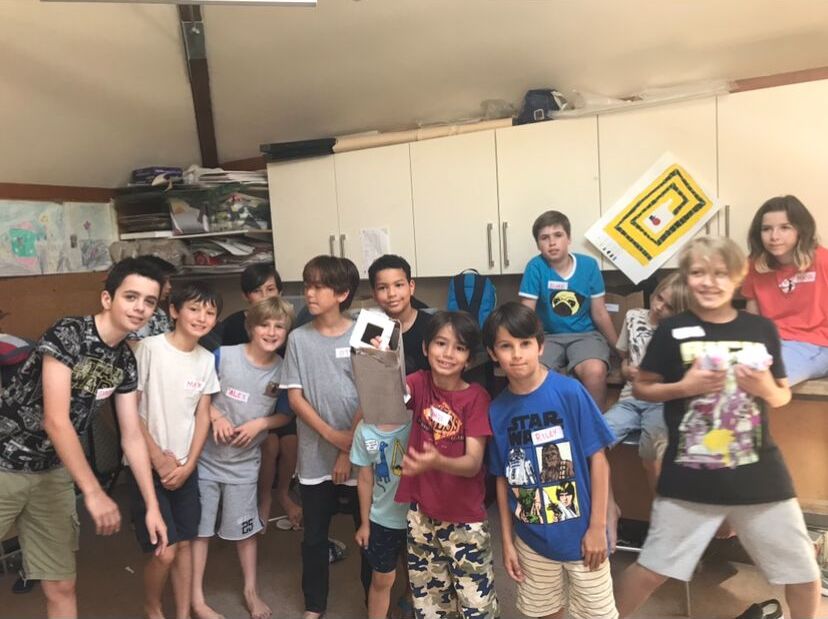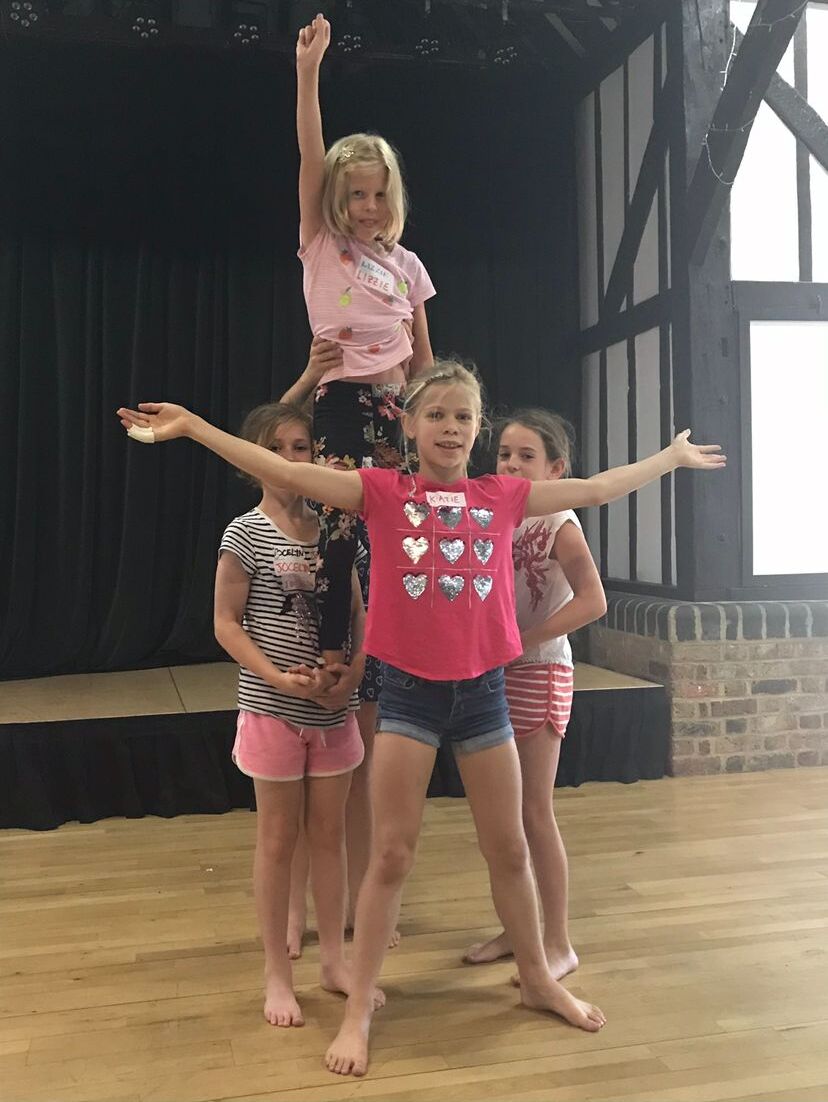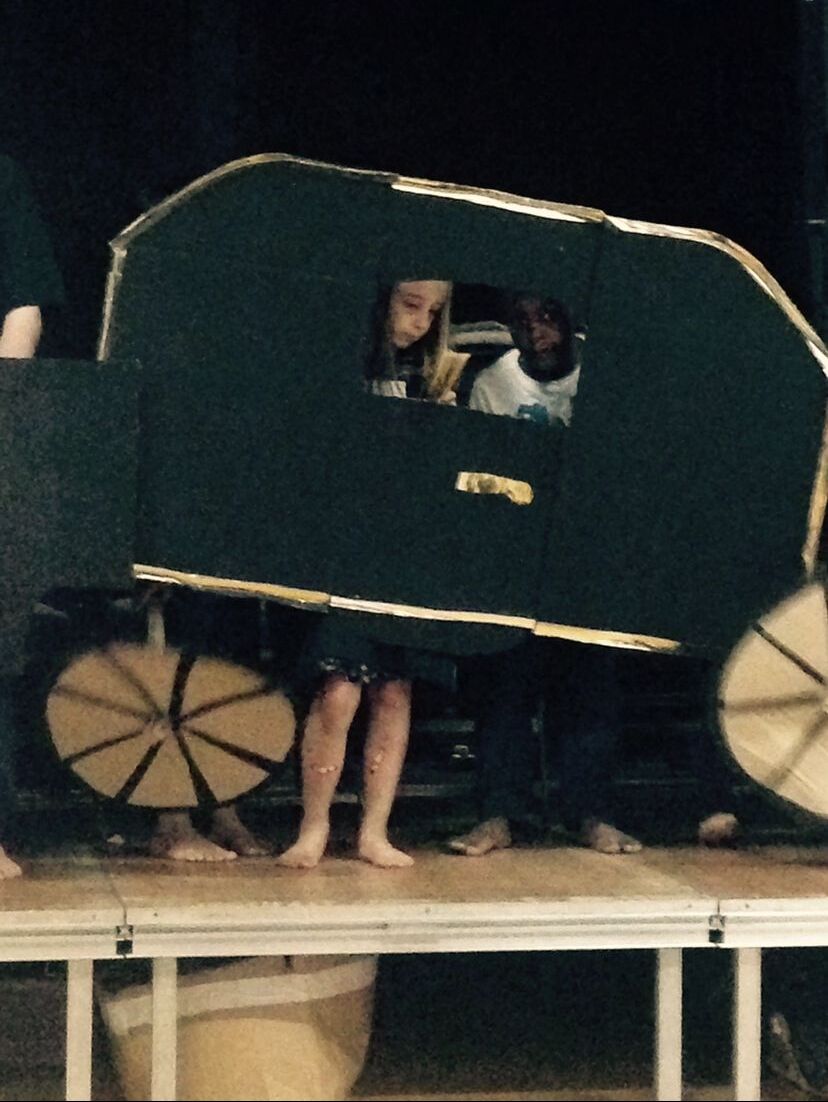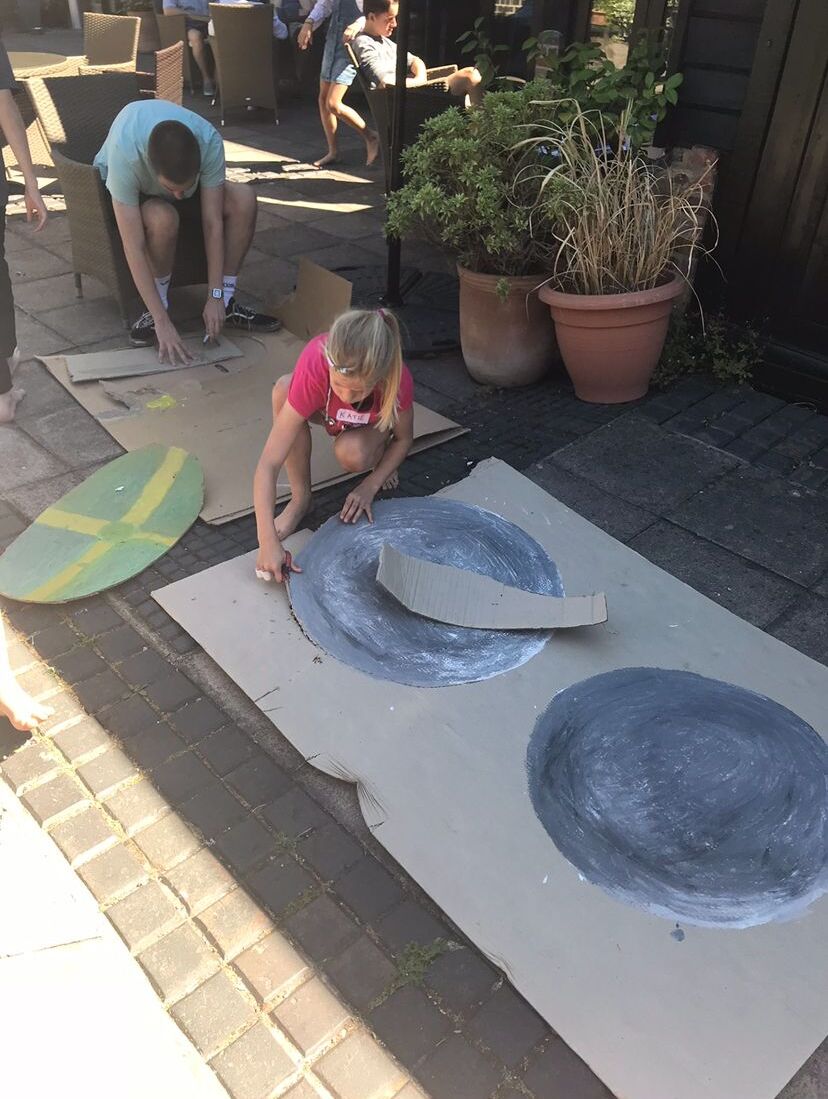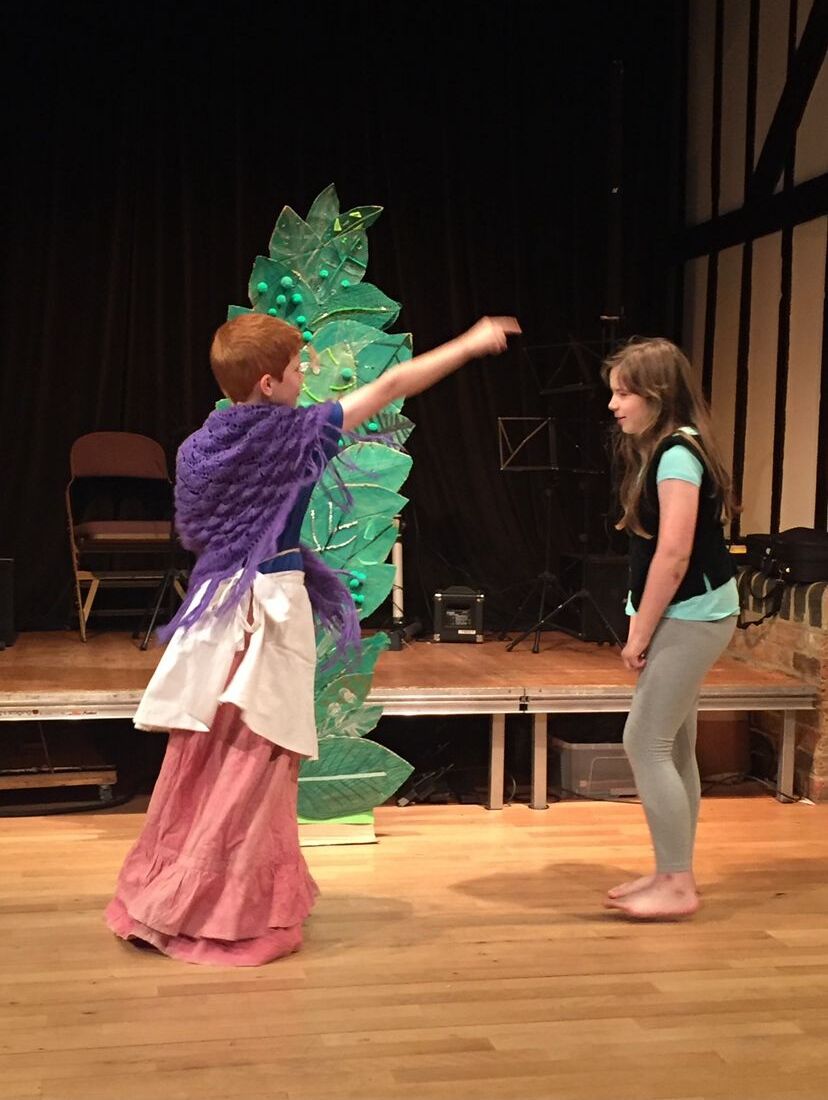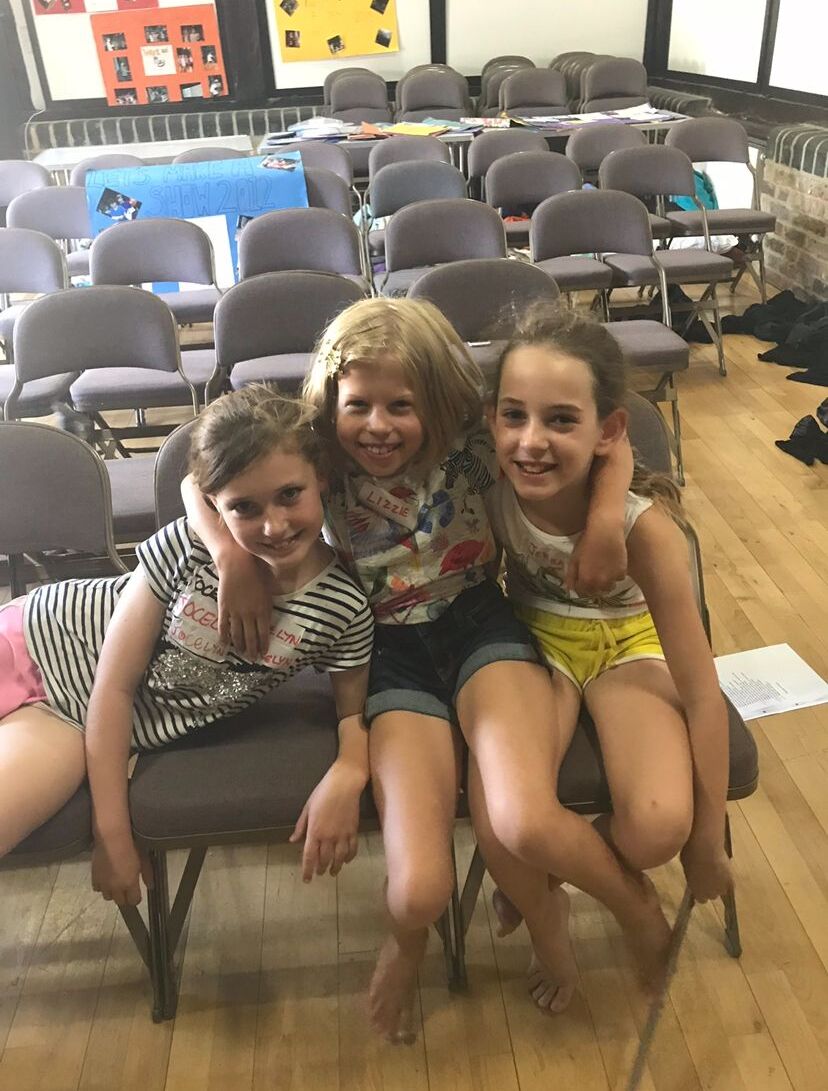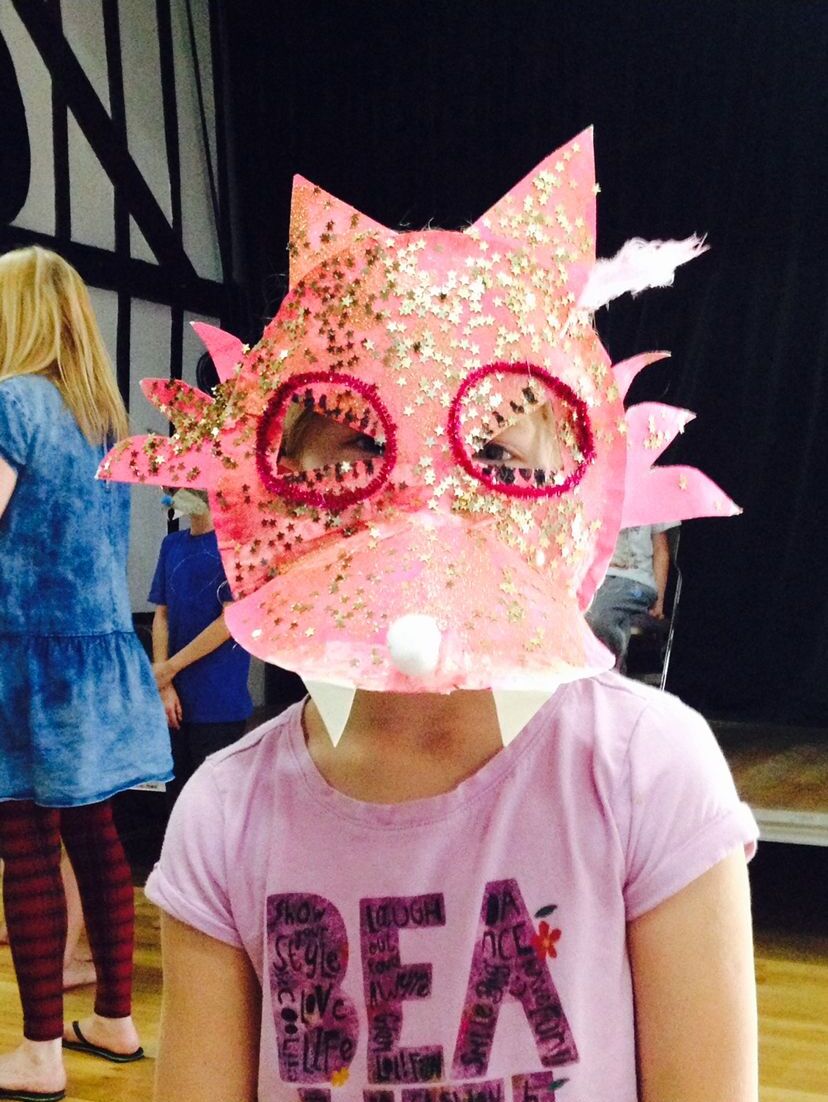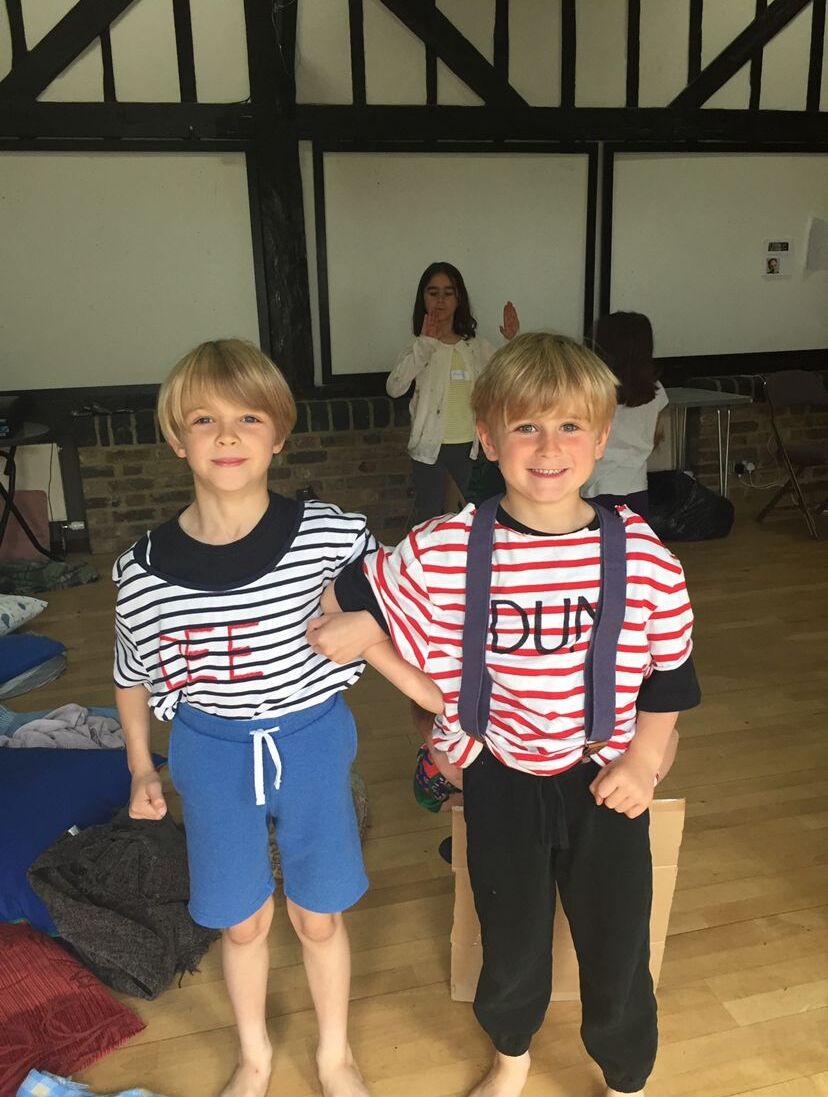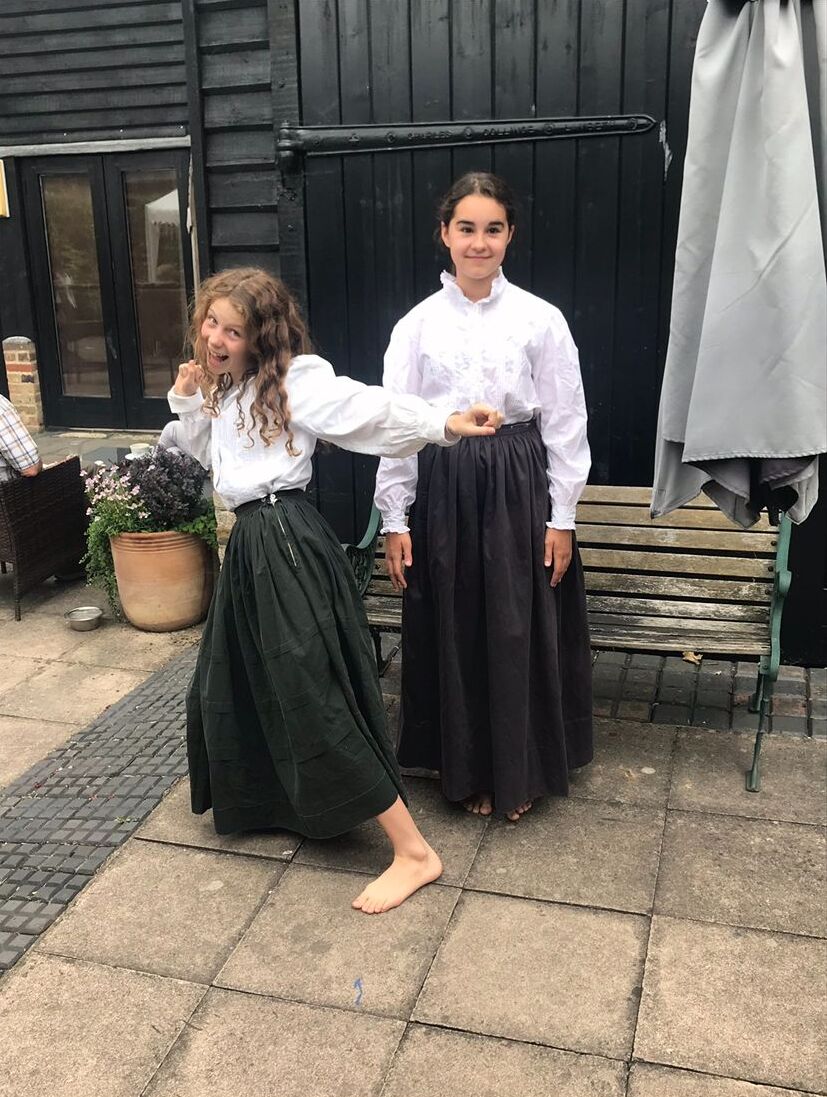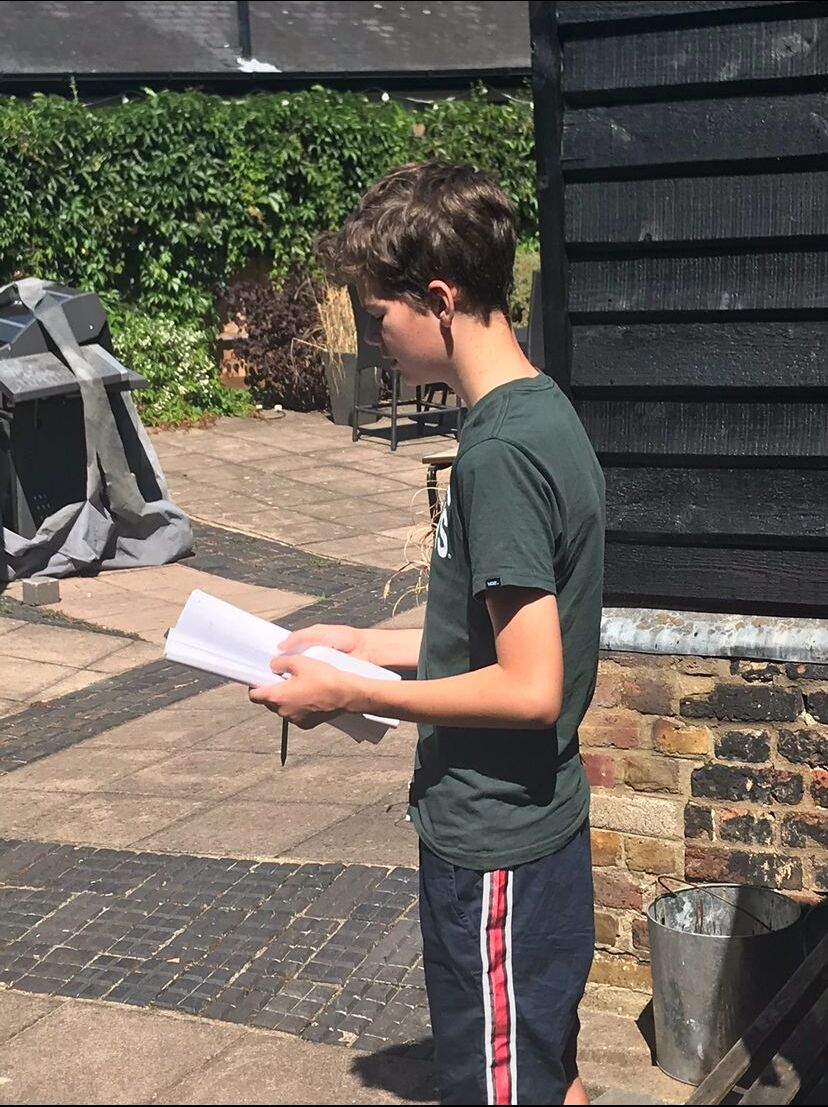Speech and drama classes
Classes take place during term-time on a weekly basis and are available to children aged from 7 to 18. Children are taught in small groups of no more than six, one to one or online via Zoom. Classes range from 60 minutes up to 90 minutes and can be organised in a way that is flexible for you and your child.
We tailor our classes to suit the individual needs of your child, whether they are a budding performer looking to pursue a professional career, or if they simply want a fun class that can help build their self-esteem and confidence and develop skills that will carry them through life! We are unique in that we do not have to adhere to a set curriculum, and thus can teach the skills that your child really needs.
We focus on developing individuality through the use of drama, such as short improvisations and working on scripted scenes together in an informal setting, and through developing a strong and clear voice that can propel them through life. If your child speaks too fast or struggles to make themselves understood, Celia can help them develop their vocal technique through a focus on articulation, projection, intonation, pitch, pace, and pause, which can assist them both in a theatrical setting and in wider life.
In addition, students are able to take annual LAMDA exams in either Verse and Prose, Spoken English, Public Speaking, Reading for Performance, Acting, or Shakespeare. These exams use what the child learns throughout the year whilst giving them a qualification which can enhance University applications.
Communication
Each group class begins with shared news. Students learn to listen empathetically to the speaker and the speaker learns to express himself or herself without interruption.
Self respect
Deportment - Charm - Politeness - Respect for others = Self-Respect
In the rush of every day life, manners and regard for others can be lost.
Speech and drama techniques
A thorough grounding in techniques gives a base on which to place all communication for life. "Once learned, never forgot"
Relaxation: We can be very tense, for instance, even when we think we are relaxing with friends. The idea is to recognize the parts of the body, become aware of any tension, and use techniques to switch it off. When truly relaxed, even when active, our minds and our bodies function much better. Using physical and mental exercises, good relaxation and stress release can be achieved.
Breathing: We all breathe to stay alive but do we breathe well enough to feel as physically good as we can? Learning breathing for speech will do this, as well as teach you to be able to say more in one breath, to breathe in the best place, and to project your voice as necessary. It is also very helpful for those with breathing problems, such as asthma.
Voice: It is possible to improve the quality of your voice and, using good breathing technique, to make it louder without shouting or strain. Speakers who use their voices for long periods of time, or need to project, find this technique vital.
Articulation: Are you always clearly understood? Do you have problems with any speech sounds?
Do you speak too fast? All these problems, and others, can be quickly corrected with the right understanding and the right non-arduous exercises.
Modulation: Variety in delivery gives interest to the voice. Dullness and an expretionless voice make for uninspiring speech.
Fees on request.
Celia is happy to allow your child, or children, to sit in on their first lesson free to see how they get on. Contact Celia on 07956 974287 or email her at celiaandrews@yahoo.co.uk to arrange this.
